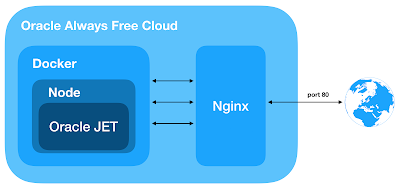15 Data Science Books You Should Read
This year, we’ve seen a 56% increase in data science jobs according to TechRepublic . Data science jobs such as data scientists, data engineers, data analysts, and machine learning engineers are booming. Increasingly, software engineers and developers are working side by side with these data professionals. It’s essential for anyone on a development team to understand some of the basics of data science, statistics, and machine learning. Picking up any of one of the below books will give you some knowledge and understanding of important areas of data science such as Statistics, Data Science, Machine Learning, and Deep Learning. Disclaimer: There are no affiliate links in this post. This post is for information purposes only. Math & Statistics Think Stats — by Allen B. Downey <img class="ds t u hm ak" src="https://miro.medium.com/max/652/1*LhBvXxJEbVOtUyB-sTN0Rg.png" width="326" height="380" role="presentation"/>
